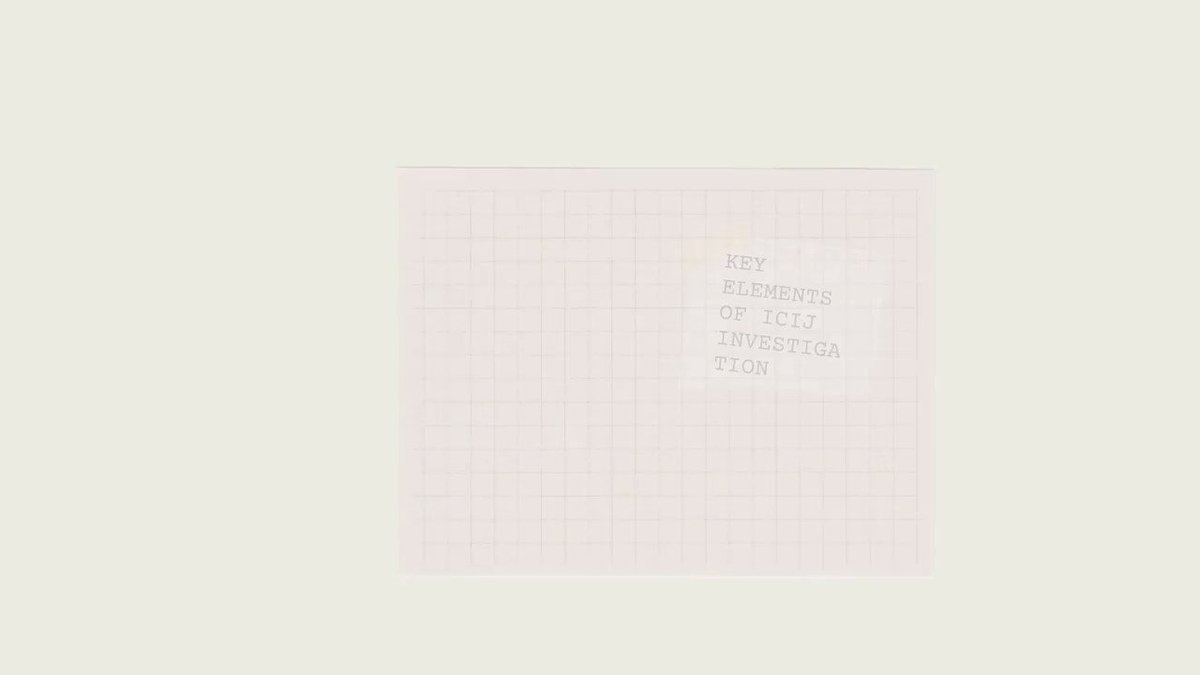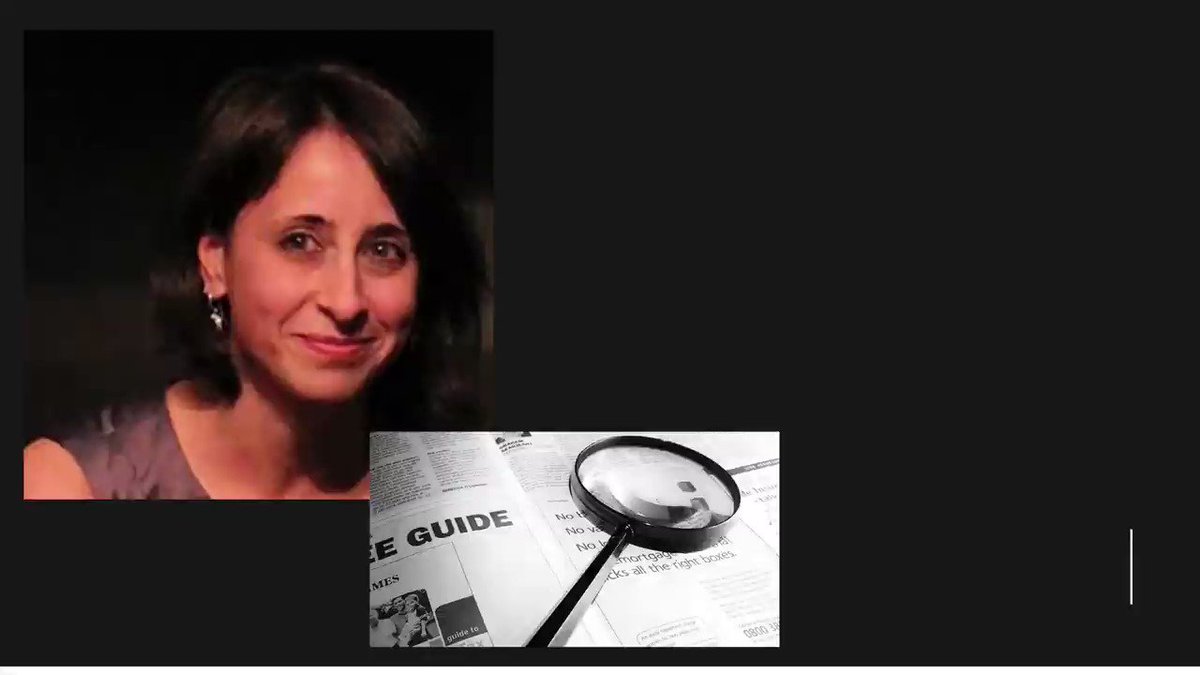Rupsha Chatterjee
5:30
5:31
5:34
5:36
5:38
5:41
5:41
5:43
5:44
5:45
5:45
5:46
5:47
5:50
5:51
5:52
5:52
5:54
5:56
5:57
5:59
6:01
6:01
6:07
6:08
6:08
6:10
6:10
6:11
6:14
6:17
6:19
6:21
6:23
6:23
6:24
6:24
6:24
6:27
6:29
Connecting…










